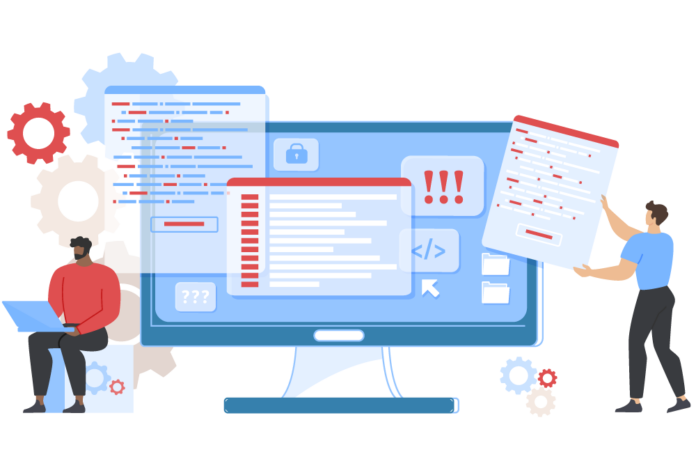The demand for productivity, efficiency, and effectiveness is increasing, and with it the adoption of Low-Code Application Platforms (LCAPs).
This trend is seen in centralized IT departments, platforms run by business users, and even systems used by customers on a personal day-to-day basis.
Technology managers must compare a variety of capabilities when selecting the right vendors for their needs. There are a number of factors that drive such managers to pay attention to LCAP models.
- Requests for new development requests have produced more than 300 platforms that support various types of no-code or simple code development (LCAP).
- Most LCAP platforms are capable of addressing various market use cases and have come about as an evolution from multiple sources: rapid application development, SaaS customization, business process automation, and application development. persons.
- Among application development, the LCAP market overlaps with other markets such as multi-experience development platforms (MXDP) and intelligent business process management suites (iBPMS). However, LCAPs are used for more general application development and therefore the market is larger.
As the person in charge of technology, some recommendations must be taken into account for the correct selection of the final platform or platforms of the organization.
- Compare the capabilities of best-in-class vendors with others in the market that may give you specific use case, vertical, geographic, or ecosystem advantages.
- Calibrate own use cases with pricing and support models. These factors are as important as the technology itself.
- Carry out analysis of specific capacities on the types of complementary application platforms (MXDP and iBPMS), especially when the development requests have additional complementary requirements with areas of multiple experiences or management of processes and workflows.
For a correct analysis of the LCAP solutions, at least other aspects must also be taken into account, such as:
- User experience in the use of the application
- Model and data management
- Business and process logic
- Platform Provider Ecosystem
- API and integration with third party systems
- Architecture
- Quality of service
- Persona (system type user) and Software Development Life Cycle (SDLC)
- Governance
- Security and compliance




